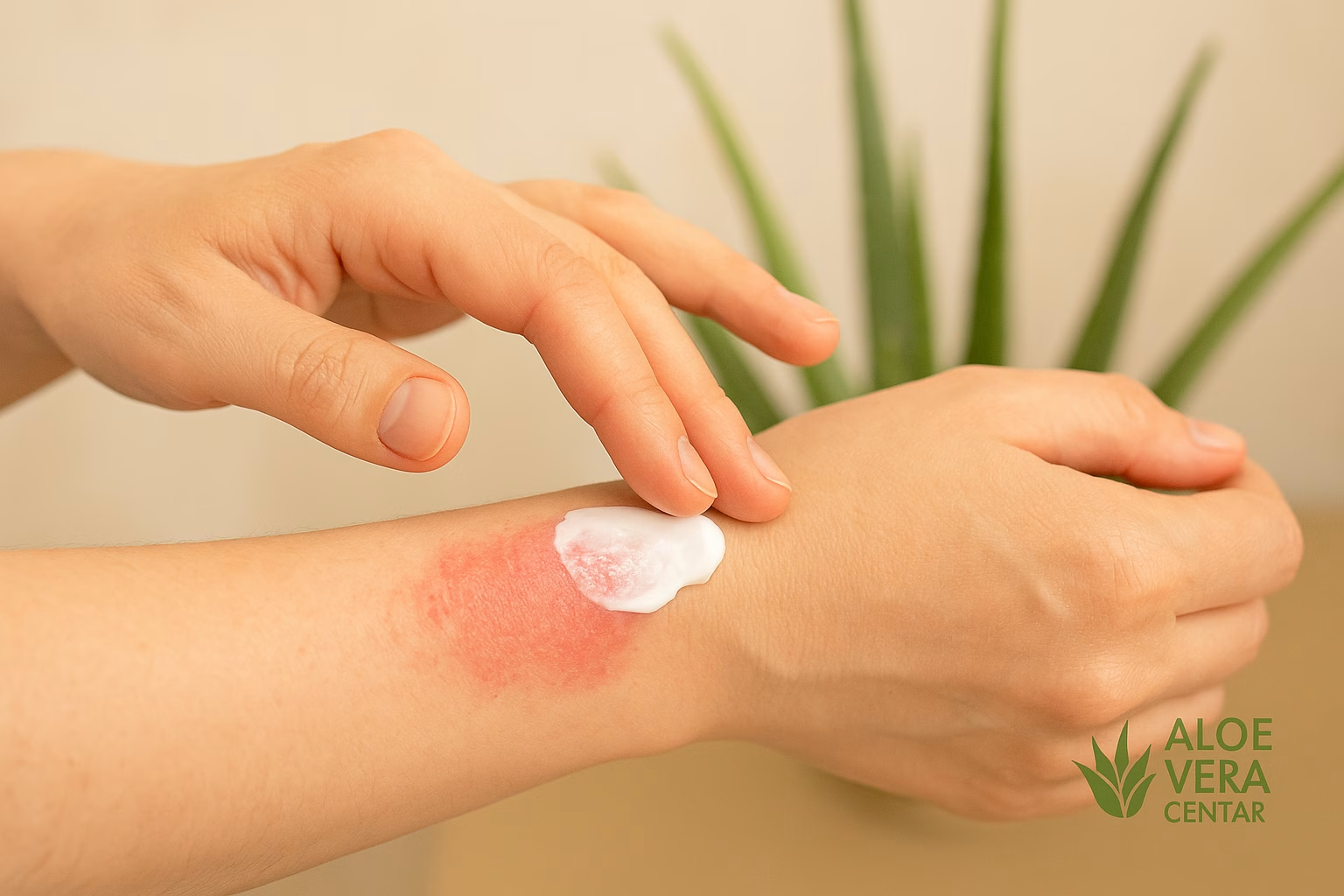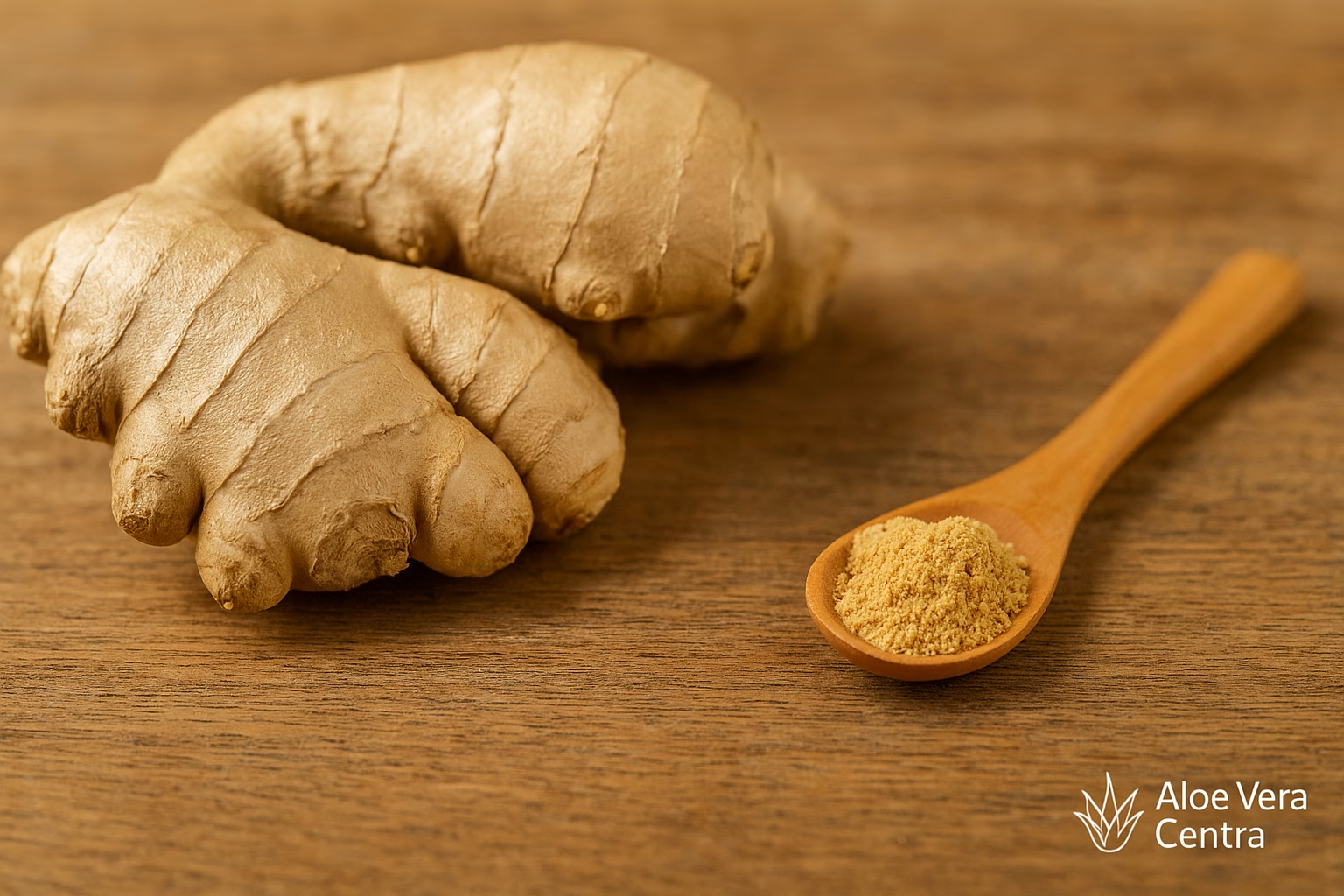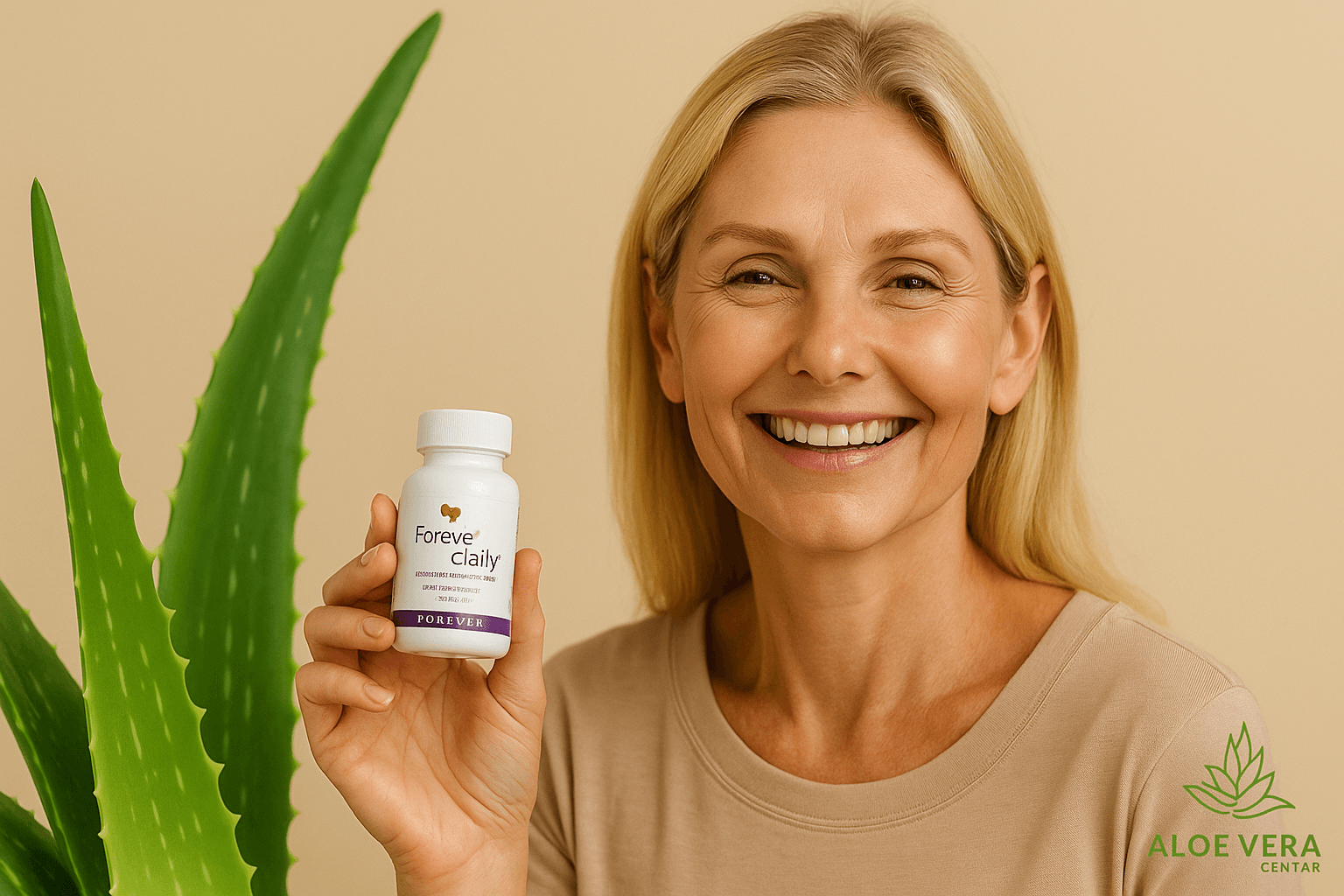
Graviola: an exotic fruit with potential anti-cancer effects
Graviola: an exotic fruit with potential anticancer properties?
Graviola – also known by names like soursop or guanabana – has become a hot topic of conversation in recent years when it comes to natural ways to support your health. You may be wondering why this exotic fruit, which looks like a green “dagger” ball with soft and creamy flesh, is getting so much attention in the world of herbal supplements? Some claim that it contains compounds that can help fight certain diseases, including the most serious ones, such as cancer. But that’s not all… Many people also use graviola to strengthen the immune system, improve digestion, or simply for its rich flavor. Below, we’ll explore the real story – can this tropical plant really help prevent or even treat certain diseases, or is most of the talk about it just marketing hype? Keep reading to learn all about the origin, composition, and possible effects of graviola, as well as how to integrate it into your daily routine in a safe and sensible way.
Graviola and its tradition: a brief historical overview
Let’s start at the beginning. Graviola (lat. Annona muricata ) originates from the tropical regions of Central and South America. In the traditional medicine of local people, the leaves, roots and fruit of this plant have been used for various ailments – from fever to fungal infections. However, most of the attention has recently been paid to the alleged anti-cancer potential of graviola. Why? According to some research on PubMed , certain compounds (called acetogenins) in graviola leaves have shown interesting results in laboratory conditions when it comes to inhibiting the growth of certain cells.
But beware: lab research is not the same as human clinical trials. There are currently not enough large, high-quality studies to confirm that consuming graviola can replace conventional medical treatments or significantly supplement them. As with other “miracle” herbs, caution is key. However, when consumed in moderation and with medical supervision, graviola can be a useful part of a broader health plan, especially if you are already watching your diet and lifestyle.
Potential active ingredients of graviola
Why is graviola even considered in the context of potential anticancer activity ? The answer lies in the chemical compounds it contains, the most commonly mentioned of which are:
- Acetogenins : These compounds have gained attention for their ability to inhibit the growth of certain cells in the laboratory. However, we are not yet sure exactly how they work in the body and whether they are stable enough to survive digestion and metabolism.
- Vitamin C : Like many tropical fruits, graviola is rich in vitamin C, a key antioxidant. Antioxidants help protect cells from oxidative stress and thus support immune function.
- B vitamins : The graviola fruit also contains certain amounts of B vitamins (B1, B2), which can contribute to the normal functioning of the metabolism and nervous system.
- Minerals : Potassium, magnesium and phosphorus are some of the minerals that can be found in graviola, and they support the normal function of muscles, nerves and electrolyte balance.
It’s not unusual to see people interested in this plant often turn to other natural supplements. For example, if you’re curious about other ways to support your immune system, you can check out articles like Aloe Vera Gel Immunity , which discusses how certain aloe vera products can help boost your immune system.
Consuming graviola: leaves or fruit?
Graviola is used in a variety of forms. The dried leaves can be brewed as a tea, while the fresh fruit is often eaten raw or made into juice, smoothies, or ice cream. Leaf extracts are the most common in dietary supplements because they contain a higher concentration of acetogenins than the fruit itself. However, it is crucial to pay attention to the quality and origin of the product, especially due to the possibility of contamination or unverified purity.
Some people also combine graviola with other supplements, such as Forever Bee Propolis (to further support the immune response) or with aloe vera products, such as Aloe Berry Nectar , for a synergistic approach. However, it’s a good idea to consult your doctor before trying such combinations, especially if you’re taking medication or have a chronic condition.
How does graviola fit into a holistic approach to health?
Although the potential anti-cancer properties of graviola have attracted the most attention, this herb may play a role in other aspects of health as well. For example, some users claim that it improves mood, reduces pain or helps with digestive problems. You might be wondering how that works? There is currently not enough scientific evidence to support clinically proven effects in these areas, but the combination of antioxidants and anti-inflammatory compounds may provide some benefits in overall body support.
One approach is to look at graviola as part of a broader holistic picture. For example, people who want to maintain hormone balance or improve digestion often try other natural supplements, such as Forever Multi Mac (which is popular for improving energy and supporting hormonal stability) or learn about the Power of Positive Belief , because psychological support plays a big role in recovery and well-being.
The importance of a healthy diet and lifestyle
As with any herbal supplement, graviola cannot “do the job” on its own. If you are facing a serious health problem or want to boost your vitality, you must also pay attention to the basic pillars of health:
- Diet : Balanced intake of protein, whole grains, fruits and vegetables, and minimizing processed foods. For example, if you are interested in detoxification, we recommend reading the article about Milk Thistle Detox, which explains natural ways to support the liver.
- Exercise : Any form of regular physical activity (e.g. walking, yoga, light workouts) helps circulation and the immune system.
- Hydration : Drinking enough water and occasionally herbal teas, such as those based on aloe or other beneficial herbs, such as Aloe Blossom Herbal Tea , can contribute to optimal body functioning.
- Stress Management : Remember that mental and emotional health are often crucial to the success of any approach. If you’re looking for motivational or practical advice, you can check out content like How to Succeed in Life .
When you combine healthy habits and the judicious use of natural supplements, your chances of achieving positive results increase significantly. In addition, focus on strengthening your immune system. Many studies suggest that a balanced diet and enough rest are key “partners” if you decide to try herbs like graviola.
Graviola in science: what do the experts say?
It’s understandable that we’re all looking for a “magic bullet” or a solution that could drastically improve our health. However, graviola (and its extracts) are not currently part of standard medical protocols for treating cancer or other serious illnesses. Despite these interesting preliminary results, larger clinical studies in humans are needed.
You may be wondering, “So why all the fuss about graviola?” One reason is people’s natural curiosity and their desire for complementary approaches to health. In addition, any discovery of a plant’s potential anti-cancer properties attracts a lot of media attention. Many publications and blogs may have exaggerated the findings of studies conducted in test tubes or on animals. That’s why it’s crucial to look at the bigger picture and consult relevant sources: scientific articles and expert opinions.
Potential side effects and cautions
As with any herbal substance, there are certain limitations and potential risks :
- Neurotoxicity : Certain substances in graviola, such as annonacin, can potentially be neurotoxic in very high doses. This means that excessive and prolonged use can have adverse effects on the nervous system.
- Side effects : Some people report nausea, vomiting, diarrhea, or stomach pain after consuming large amounts of graviola.
- Drug Interactions : If you are taking medication for high blood pressure or diabetes, be sure to check with your doctor to see if graviola is safe for you.
In conclusion, if you are thinking about introducing graviola into your routine, it is recommended to start with a smaller amount and monitor how you react. Do everything in consultation with a specialist who knows your health condition. For example, if you have an autoimmune disease or are being treated for something more serious, it is important to coordinate every step with your doctor. For additional support and advice, you can use our AI advisor , who can give you guidance on how to adjust your diet or combine supplements according to your goals.
Integration of graviola and aloe vera: a powerful combination?
We’ve already mentioned that some people like to combine graviola with aloe vera . The reason is simple: aloe vera is known for its anti-inflammatory and soothing properties, so many believe that together they can contribute to better digestion, stronger immunity and greater absorption of nutrients. For example, if you already use Forever Aloe Vera Gel or Aloe Berry Nectar , adding graviola can create a complete drink that refreshes and provides the body with a combination of vitamins, minerals and biologically active compounds.
But always keep in mind: every herbal combination has its own possibilities, but also its limitations. The key is moderation, quality sources, and, we repeat, regular medical checkups if you are at risk or dealing with serious conditions.
FAQ – Frequently asked questions about graviola
Is graviola really a powerful anti-cancer drug?
Currently, there is no solid evidence from large clinical studies to confirm that graviola treats cancer. While there are interesting laboratory findings, there is insufficient data on effective doses and safety in long-term use. Always consult a professional, especially if you are actively undergoing treatment.
Can pregnant or breastfeeding women consume graviola?
There are no clear guidelines on the safety of graviola during pregnancy or breastfeeding. For any type of supplement during this period, it is strongly recommended to consult a doctor or nutritionist who is familiar with your health condition.
What is the best way to combine graviola with?
If you use it as a dietary supplement, you can combine it with other herbs or supplements to support immunity. For example, some choose Forever Immublend to provide additional vitamins and minerals. However, start slowly and observe your body’s reaction.
Can graviola cause too much stomach acidity?
Some users report digestive issues such as heartburn, but this depends on individual sensitivity and consumption pattern. If you experience any unusual symptoms, reduce the dosage or temporarily discontinue use and consult your doctor.
Conclusion
Graviola is certainly an interesting plant that, thanks to its exotic appearance and intriguing laboratory findings, raises hope that it could provide additional support for the body. While science continues to investigate its possible anti-cancer effects, it is worth experiencing it as an addition to a balanced diet and a healthy lifestyle, not as a miracle cure. If you want to try graviola, it is crucial to obtain it from trusted sources and carefully follow the dosage instructions. For any serious or chronic health conditions, consult a doctor and do not forget the importance of a holistic approach that includes proper nutrition, quality sleep and healthy habits.
If you’re interested in more tips on natural ways to support your health – whether you’re looking for tips on boosting your immune system, detoxing, or balancing your hormones – feel free to use our AI advisor . Also, if you already know you’ll be ordering natural products to improve your everyday life, don’t forget to get 15% off your next purchase. This way, you’ll easily find quality supplements and incorporate them into your daily routine.
Disclaimer: This article is for informational purposes only. It is not a substitute for professional medical advice. In case of specific health problems or symptoms, please consult your doctor or specialist.








